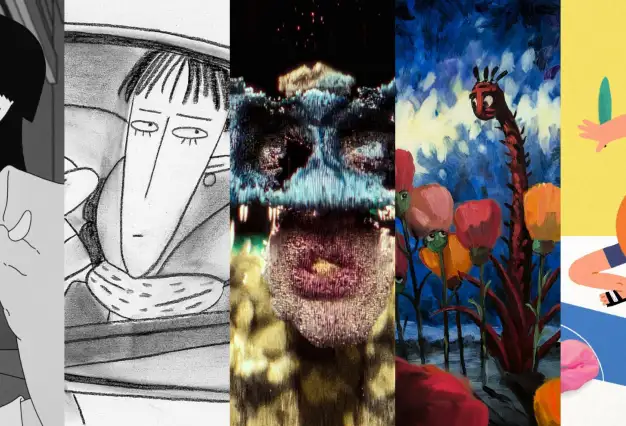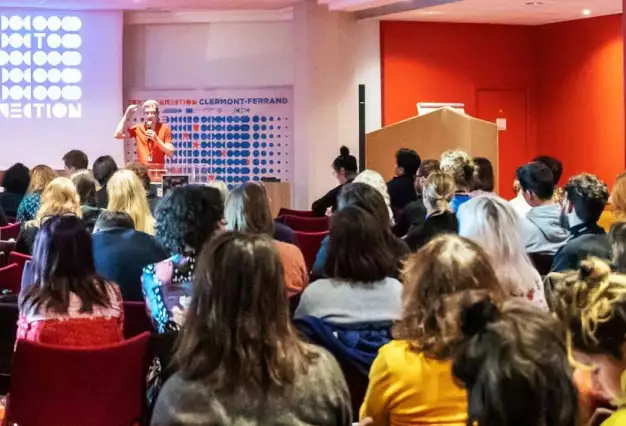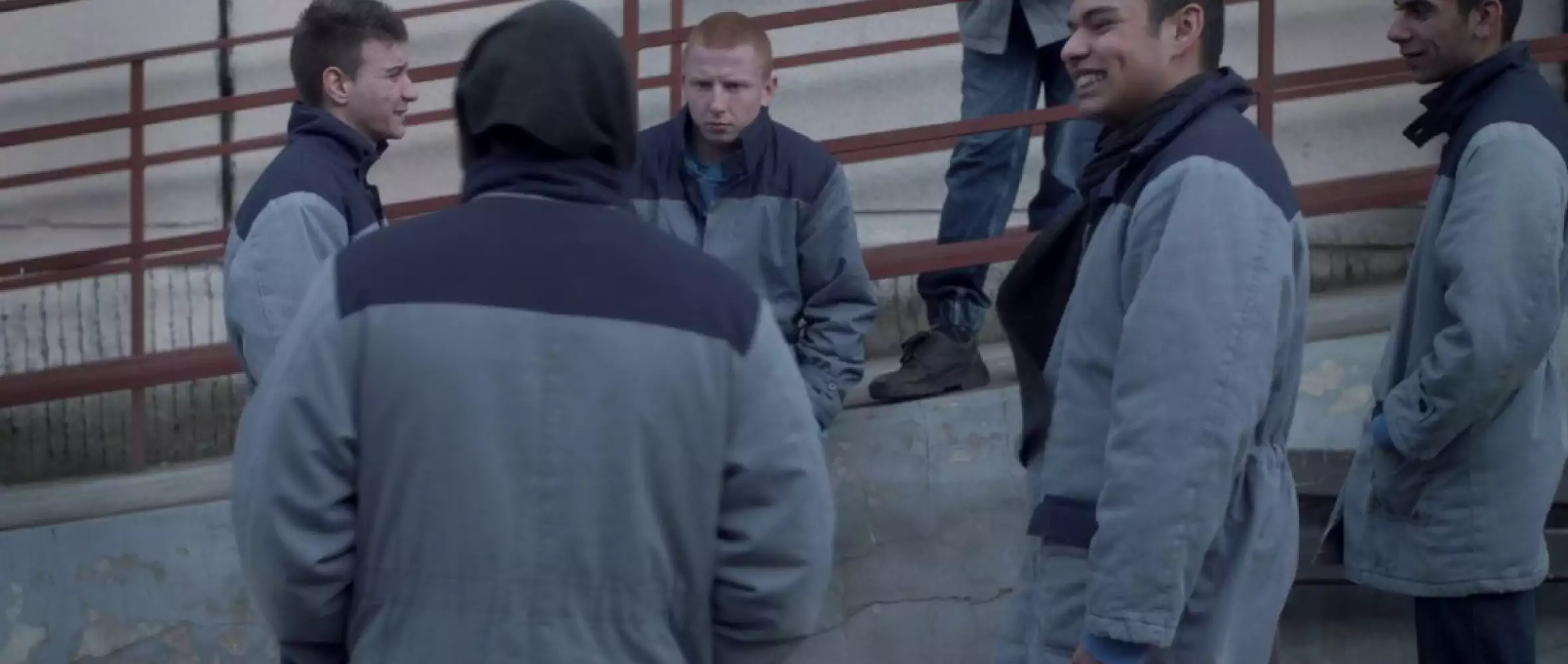
02 August 2018
Locarno IFF: Reconstruction of the Unspeakable
Locarno IFF: Reconstruction of the Unspeakable

Based on a true story, the short film Reconstruction - directed by Ondřej Novák and Jiří Havlíček, produced by Dagmar Sedláčková (MasterFilm) – tells the compelling story of a boy who has committed a terrible crime. The two debut directors are the first Czechs to enter the competitive section Pardi di domani of the prestige Locarno Festival since 17 years ago, when Jan Němec’s Late Night Talks With Mother took the Golden Leopard for Best Video.
Article by Martin Svoboda was published in CZECH FILM / Fall 2018
Reconstruction follows the 17-year-old Olda as he awaits trial in a detention center for juveniles. He tries to forget his recent past, but the monotony of jail life, broken only by recollections of his brutal assault of a homeless man, keep Olda from putting his mind at rest. Even as he recalls pieces of the police reconstruction, which forced him to relive the crime, his memory is every bit as imperfect and incomplete as our efforts to comprehend his senseless act of violence.
The Danger Within Society
“The movie is based on an actual incident that took place over the summer holidays in a small Czech town,” Novák and Havlíček explain in their directors’ statement. Two bored young boys tortured to death a homeless man they found sleeping on a bench in a park. This was in 2015.
“It was the same year when Czech society was getting worried about the migration crisis,” write Novák and Havlíček. “Some media and politicians were spreading fear of foreigners coming in, with no empathy for the fact that they were refugees of war. We were astonished by this biased attitude, as well as the narrow-minded, near-hysterical reaction of the Czech public. In response to this nationalistic rhetoric, we wanted to point out a problem that lies within Czech society, rather than outside of it. Violence by juveniles against homeless people is a reflection of the majority’s attitude toward the socially weakest members of our society. Contrary to the potential danger posed by refugees, this danger is real.”
Director Ondřej Novák is a self-taught filmmaker based in Prague. He has made several short documentaries and video clips and is a member of the Motiv Collective, where he focuses on creating comic scripts, interactive games, and animation. Reconstruction is his short movie debut. Jiří Havlíček is an artist and curator based in Prague, and has been making videos for the online platform Artyčok TV since 2011. He teaches in the Department of Graphics and Drawing at the Faculty of Fine Arts in Ostrava, and previously made two experimental short films, Captives (2012) and Film Week (2016).
Reconstruction wasn’t produced in the way typical for films in the Czech Republic. Rather than turning to the Czech Film Fund, the public broadcaster Czech Television, or any other source, all the money for the project came out of Novák’s own pocket.
“I was asked to work on the project only after the movie was nearly completed,” says producer Dagmar Sedláčková. “We didn’t meet till I came to the editing room, where we discussed alternate versions of the cut, trying to find the right narrative structure. Then I began to work on the festival and distribution strategy. When I asked Ondřej why he didn’t try the [Czech Film Fund], he explained that given his experience, which was basically nil, he didn’t stand a chance with the committee - and my guess is he was probably right.”
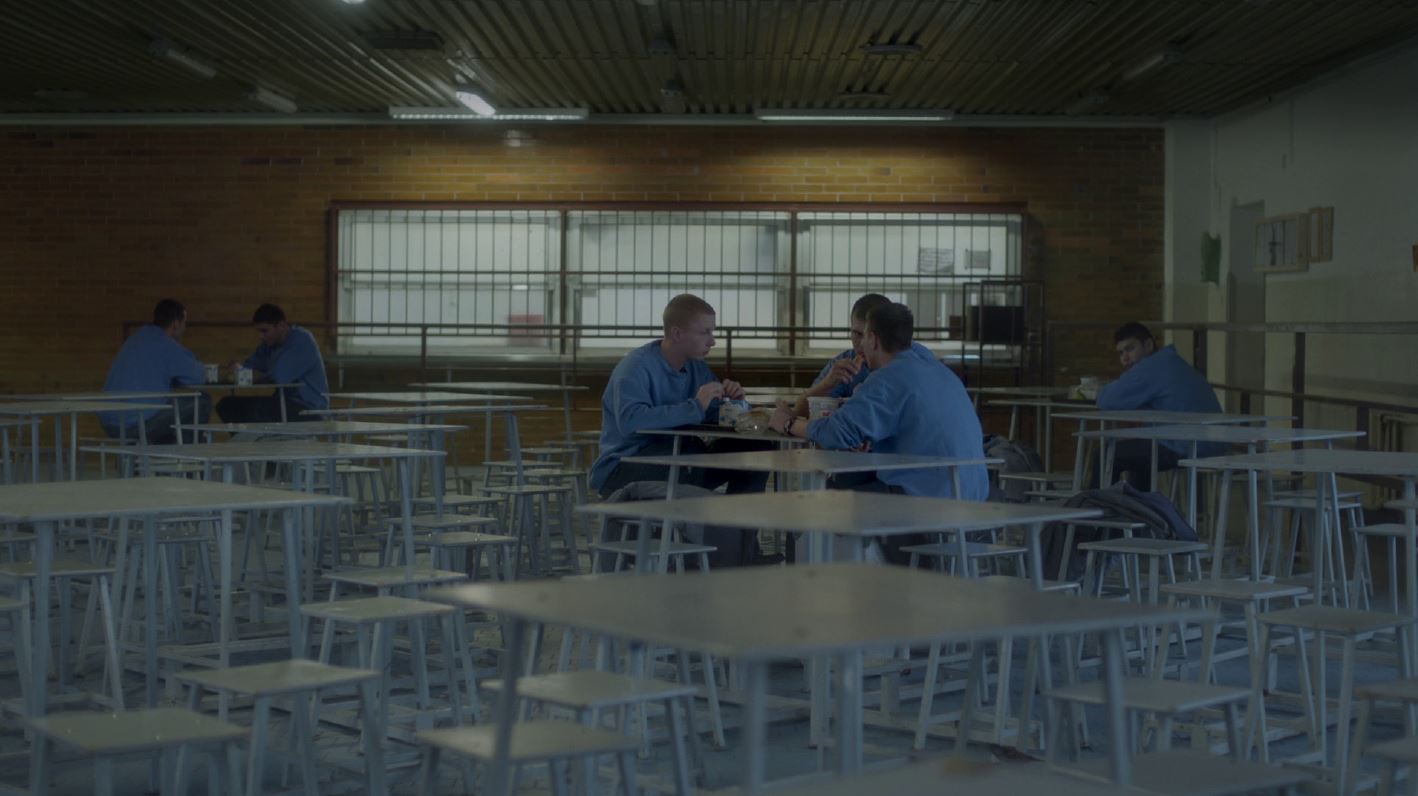
The Difficulties of Financing Short Films
Luckily, with a budget of less than €6,000, producing the film without outside funding wasn’t a problem. In the end, Sedláčková was glad she didn’t have to go looking for money since she says it’s nearly impossible when it comes to short films.
“In the Czech Republic, we’re lucky to have big institutions like the Czech Film Fund and Czech Television supporting short films, but unfortunately that’s not enough,” Sedláčková says. “Especially in cases like ours, where you’re working with filmmakers who didn’t go to film school and aren’t established. Since the old tradition of screening films before the feature is long gone - probably due to an unwillingness to share profits - it’s hard to find a way to get people to see shorts. What we need is some kind of institution to specialize in festival sales of shorts. It’s the only way to keep them alive. Fortunately, there’s a growing trend of linking short films to full-length program formats and putting them into theatrical distribution. Bionaut is about to release a program of animated films, which will include the MasterFilm short.”
Reconstruction’s acceptance of the Locarno competition came as a great surprise to everyone. “Neither of the directors had any such ambition,” Sedláčková says. “When I told Ondra it was time to send out festival applications, he looked puzzled. He’d never really thought about it. He was just planning to screen the film for some friends here in Prague and that’s it. Both of the guys were real rookies when it came to festivals. They had no idea about the hierarchy of all the competitions and events. Locarno was, of course, on the top of my list, but I didn’t really believe we had any chance, so I tried all kinds of other places. It’s funny. Almost all of them turned us down, so I started losing hope. And then we heard from Locarno! I can’t even describe how I felt when I heard the news. It seemed so right, so well-deserved. It was a real fairy tale come true.”
According to Sedláčková, there was no great lobbying effort, no grand plan. “It’s reassuring to know that the movie itself still matters, since lots of producers, and even directors, don’t believe that anymore. What convinced the crew of Locarno to accept us was a good film. No favouritism, no friendships with ‘the right people.’ All we needed was a film that reflects the pure love of filmmaking - that’s why it felt so right when we got in.”
Good Strategy and Coproduction Are Key
As far as financing of the project goes, Sedláčková says she doesn’t think their approach is right for everyone: “It’s one thing to be happy for one specific case, and another to talk in general terms. We need good funding, good networking, and a good strategy. As a producer, I’m well aware that directors can’t pay for their own movies, and they should be thinking about distribution.”
She said she sees herself as focused on the international market. “We have to try to make films that can cross borders through festivals, but also through the productions themselves. We can’t count on the Czech [Film] Fund and Czech Television. They do help, but their budgets are limited. The difference between European and Czech budgets is still significant. I believe that’s the path Czech cinema needs to take if we want to achieve European levels of financing.”
Related news
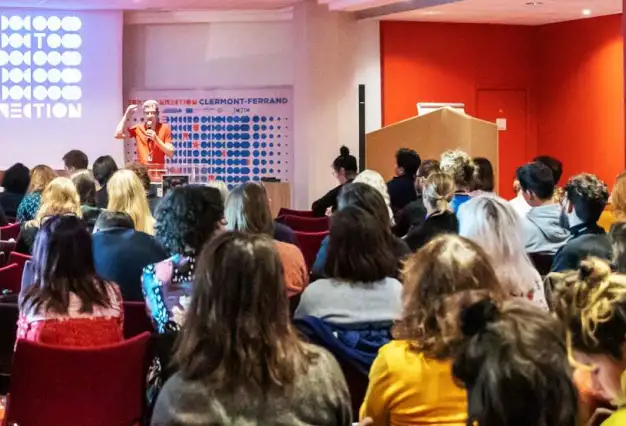
02 September 2025


